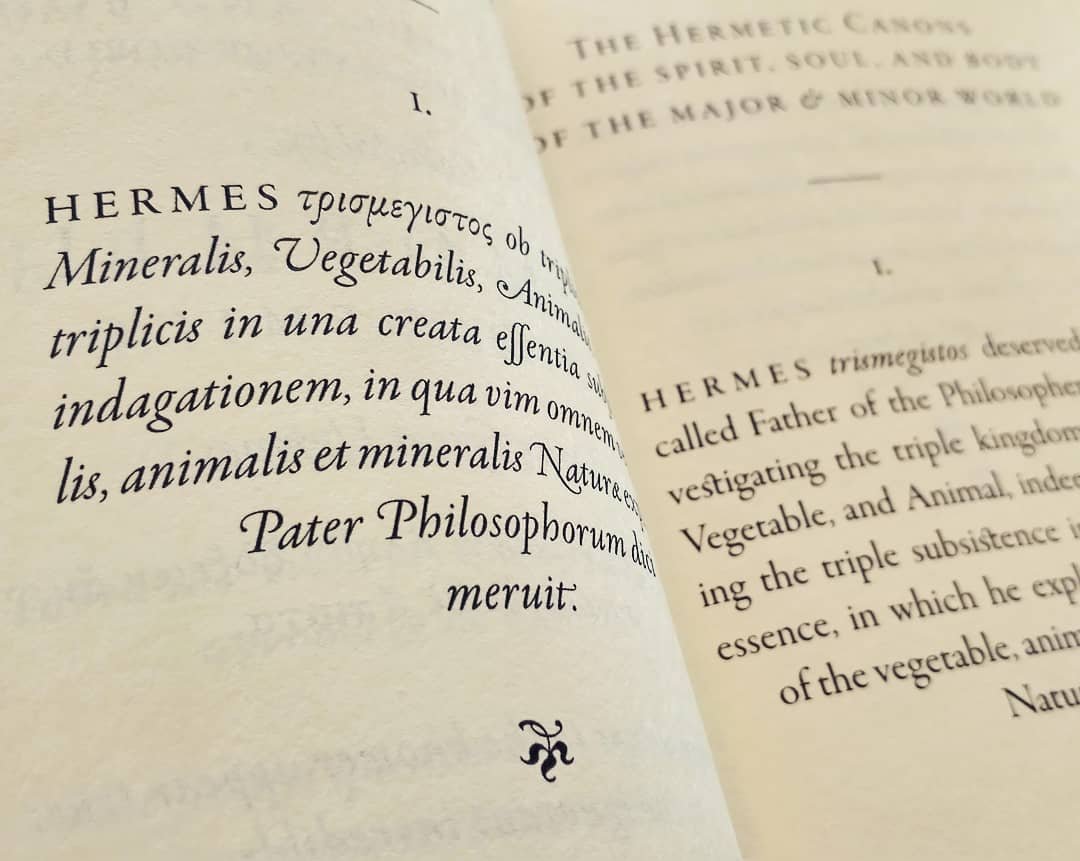-
Rubedo Press
5.5” x 8.5”, Illustrated, B&W, 120 pages.ISBN: 978-0-473-41371-2
About the Editors
Mirco A. Mannucci, PhD, is, in his own neologism, a holomath, i.e. that special breed of polymath who ceaselessly strives to link the tangled threads of his multifarious interests into an compact whole. A mathematician, a writer, an inveterate traveler, a practitioner of the internal arts, a Waldgänger, an ascetic hedonist, he has rejected the artificial borders of so-called education to reach that twilight zone where the Great Work begins.
Aaron Cheak, PhD, is a scholar of comparative religion, philosophy, and esotericism. Former president of the International Jean Gebser Society (2013–2015), he received his doctorate in Religious Studies from the University of Queensland in 2011 for his work on the history of eastern and western alchemies. He presently lives in Auckland, New Zealand, where he maintains an active interest in tea, wine, poetry, typography, and alchemy. Dr Cheak has appeared in a number of academic and esoteric publications, including Alchemical Traditions (2013), Clavis (2014), Diaphany (2015), Heretic (2015), Octagon (2016), and Lux in Tenebris (2017).
Description
THE BASILIAN APHORISMS (Aphorismi Basiliani) presents eighteen ‘Hermetic Canons’ which cut to the heart of the triadic structure of the macrocosm and microcosm. Describing both the external world of nature, in which the three kingdoms prevail, and the human trichotomy of spirit, soul, and body, the Basilian Aphorisms are designed for deep meditation upon the thrice-great Hermetic mystery: Sulphur, Mercury, and Salt.
Hermes Trismegistos deserved to be called Father of the Philosophers for investigating the triple kingdom, Mineral, Vegetable, and Animal, indeed for studying the triple subsistence in one created essence, in which he explored all virtues of the vegetable, animal, and mineral Nature. [...] These three subsistences in one created essence constitute the limbus of the minor and major world, from which the first man was formed, having been shaped from the dust of the earth. Here enters the rational soul of the immortal Microcosm, immediately inspired by God, moving and directing cause, like a Queen, of those three and all other functions.
Composed in Latin under the ægis of a certain ‘Hermophilo Philochemico’ (a pseudonymous compiler whose name means ‘Friend of Hermes, Friend of Chymistry’) the Aphorisms were first published at Marburg, Germany, in 1608. They later appeared in the Theatrum Chemicum, after which they were translated into French and Italian. Presented here in English for the very first time, this Rubedo Press edition provides a facing-page translation alongside the Latin original, together with a detailed commentary upon each canon by Dr. Mirco A. Mannucci and Dr. Aaron Cheak.








